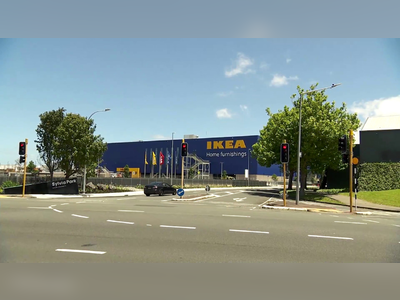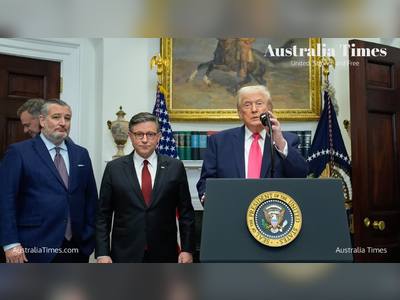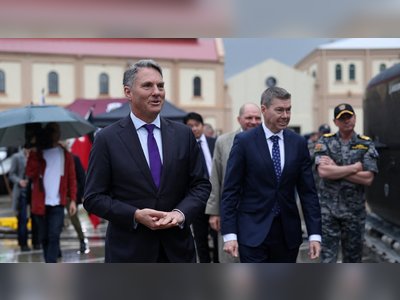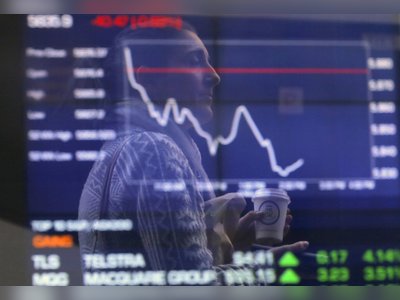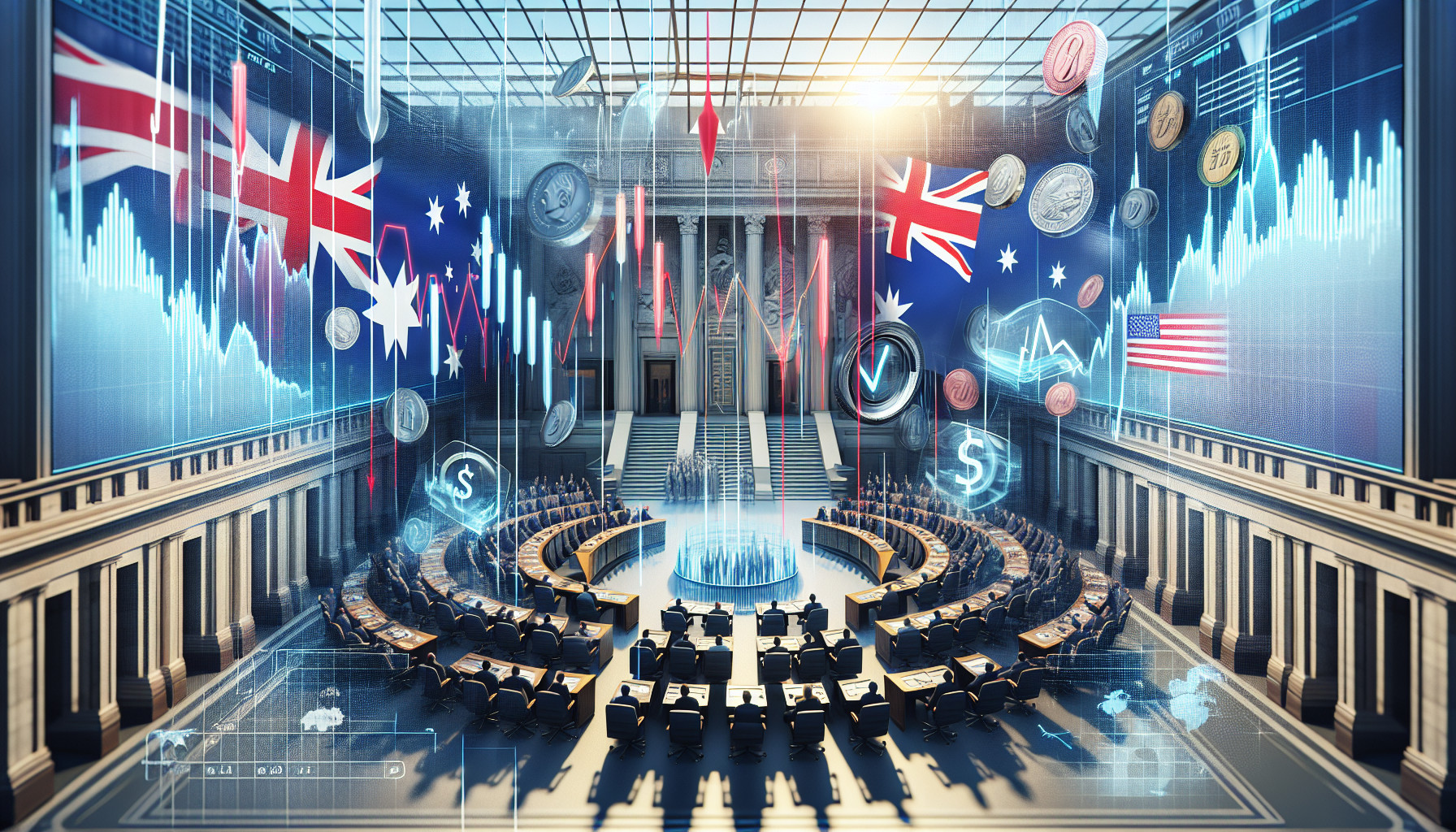
Albanese Government Sees Political Gains Amidst Economic Turmoil Linked to U.S. Tariffs
As Donald Trump's tariffs contribute to global market instability, the Australian political landscape shifts, highlighting contrasts between Labor and Coalition strategies ahead of the 2025 federal election.
As the global economy grapples with significant turmoil influenced by tariff policies introduced during Donald Trump's presidency, the Australian political scene is experiencing a notable shift.
The current Labor government, led by Prime Minister Anthony Albanese, is navigating challenges stemming from market instability while capitalizing on the political advantages that arise from this upheaval.
Reports indicate that recent tariffs imposed by the U.S. have led to declining market confidence, triggering concerns about broader economic implications, including potential impacts on employment and business operations in Australia.
As the federal election of 2025 approaches, the Coalition, led by Peter Dutton, faces escalating pressure as it attempts to redefine its focus in response to these economic challenges.
Recent discourse has highlighted the Coalition's evolving position on workplace policies, including a contentious backflip on remote work policies.
This shift raises critical questions regarding the future of work in Australia amidst a backdrop of growing economic uncertainty.
The Albanese government appears to leverage this situation, contrasting its policy initiatives with the Coalition's responses to economic disruptions, thereby shaping the narrative in favor of Labor as the election campaign grows increasingly competitive.
While both parties are concerned about the economic fallout, the political strategies adopted in light of external pressures reflect differing approaches to governance and public engagement in a tumultuous market environment.
The current Labor government, led by Prime Minister Anthony Albanese, is navigating challenges stemming from market instability while capitalizing on the political advantages that arise from this upheaval.
Reports indicate that recent tariffs imposed by the U.S. have led to declining market confidence, triggering concerns about broader economic implications, including potential impacts on employment and business operations in Australia.
As the federal election of 2025 approaches, the Coalition, led by Peter Dutton, faces escalating pressure as it attempts to redefine its focus in response to these economic challenges.
Recent discourse has highlighted the Coalition's evolving position on workplace policies, including a contentious backflip on remote work policies.
This shift raises critical questions regarding the future of work in Australia amidst a backdrop of growing economic uncertainty.
The Albanese government appears to leverage this situation, contrasting its policy initiatives with the Coalition's responses to economic disruptions, thereby shaping the narrative in favor of Labor as the election campaign grows increasingly competitive.
While both parties are concerned about the economic fallout, the political strategies adopted in light of external pressures reflect differing approaches to governance and public engagement in a tumultuous market environment.
AI Disclaimer: An advanced artificial intelligence (AI) system generated the content of this page on its own. This innovative technology conducts extensive research from a variety of reliable sources, performs rigorous fact-checking and verification, cleans up and balances biased or manipulated content, and presents a minimal factual summary that is just enough yet essential for you to function as an informed and educated citizen. Please keep in mind, however, that this system is an evolving technology, and as a result, the article may contain accidental inaccuracies or errors. We urge you to help us improve our site by reporting any inaccuracies you find using the "Contact Us" link at the bottom of this page. Your helpful feedback helps us improve our system and deliver more precise content. When you find an article of interest here, please look for the full and extensive coverage of this topic in traditional news sources, as they are written by professional journalists that we try to support, not replace. We appreciate your understanding and assistance.
